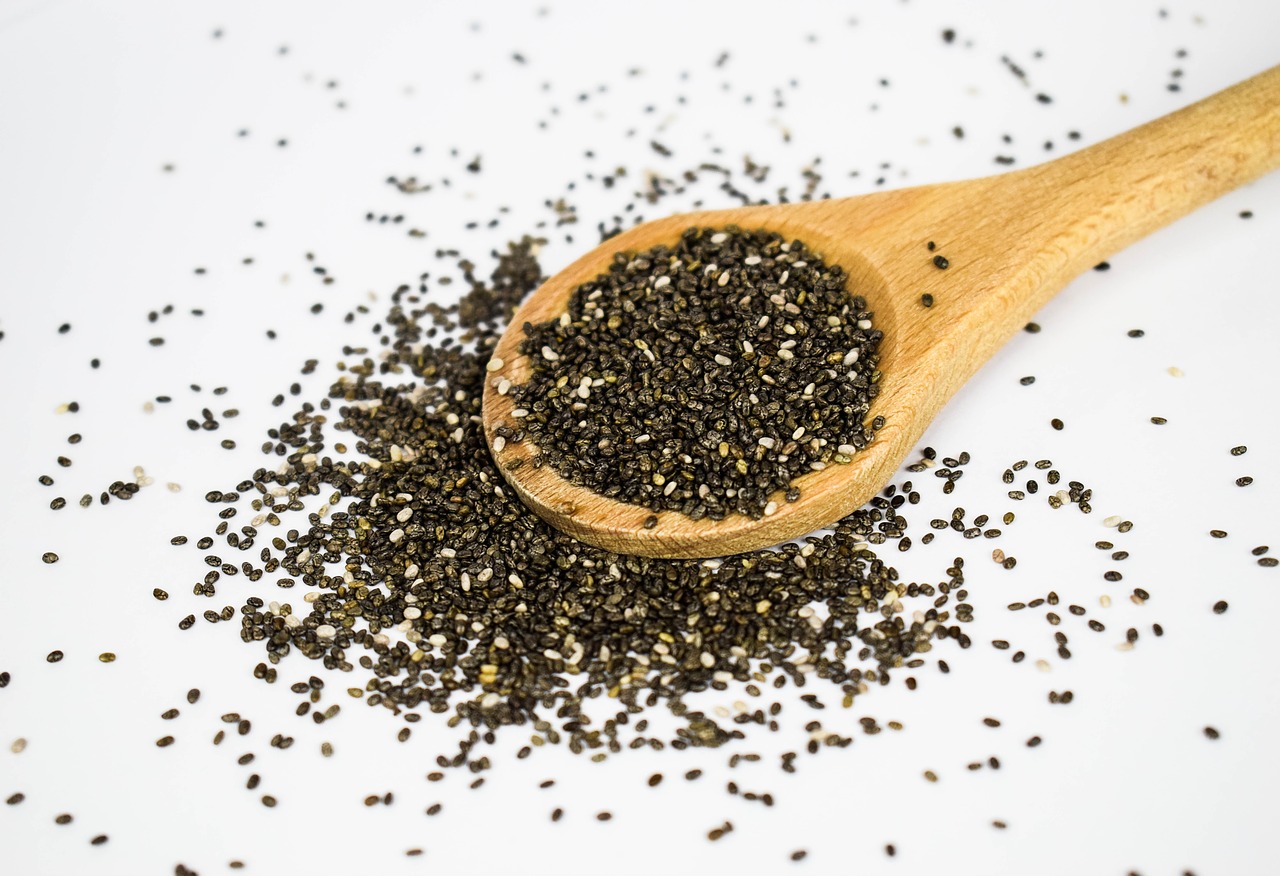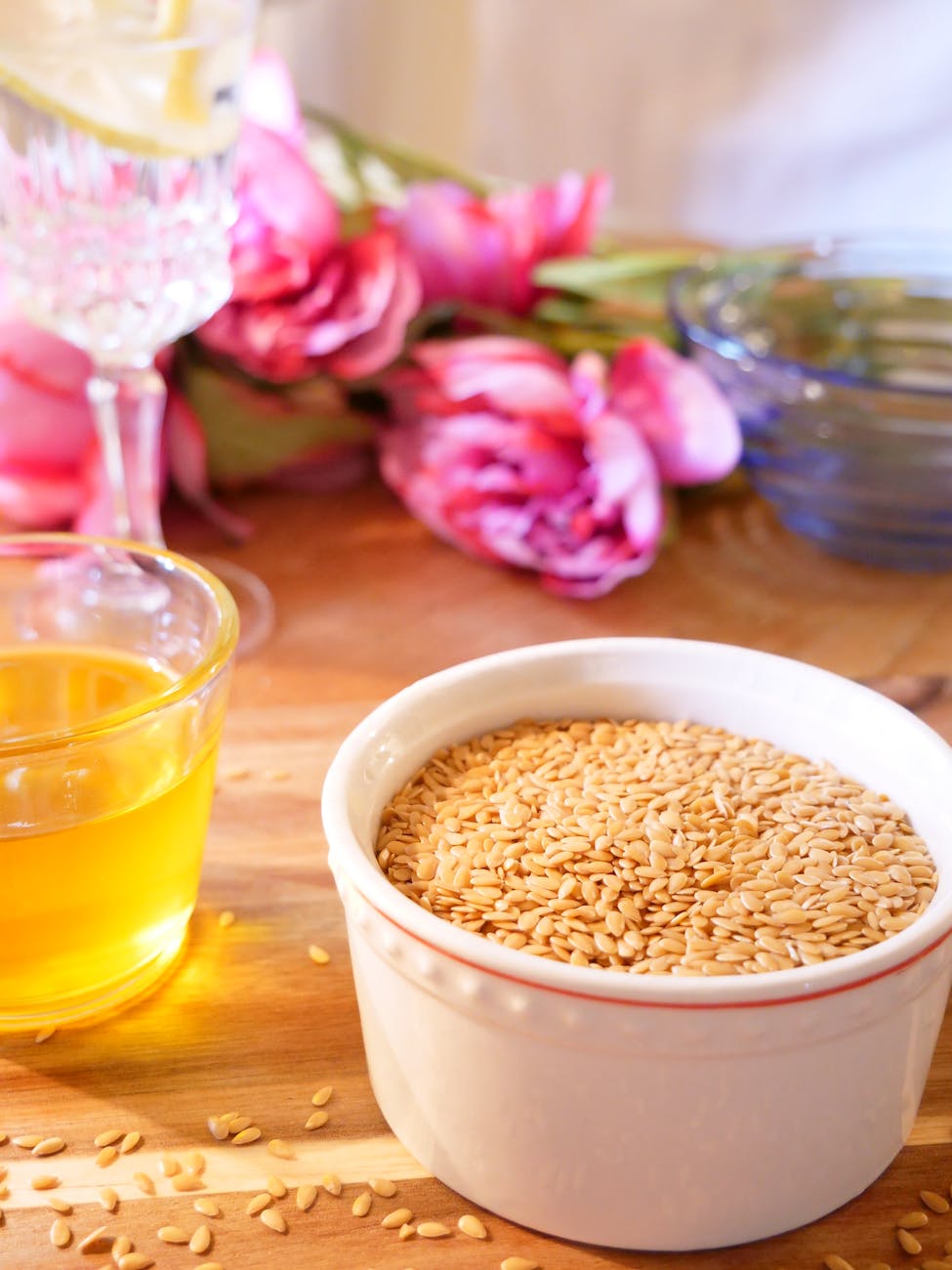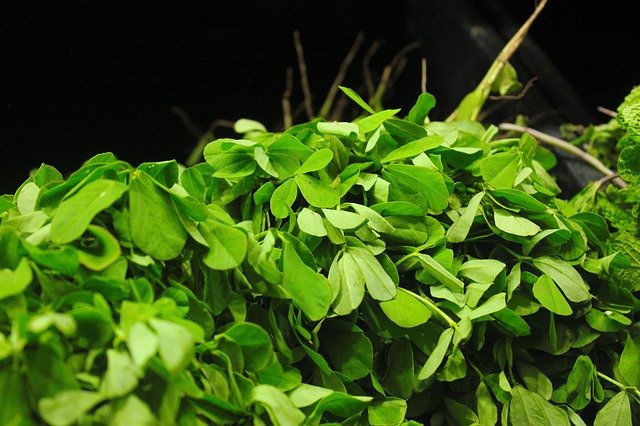
Introduction 🚀
Bananas are not only a popular and convenient fruit but also a fantastic addition to a weight loss-friendly breakfast. In this comprehensive blog post, we will delve deeper into the nutritional value of bananas, explore their benefits for weight management, discuss their impact on satiety and energy levels, and provide practical tips on incorporating bananas into a weight loss-focused morning routine.
The Nutritional Value of Bananas 🍌⚖️
Bananas are packed with essential nutrients that contribute to their status as a weight loss-friendly food:
- Dietary Fiber: Bananas are a great source of dietary fiber, containing both soluble and insoluble fiber. Fiber promotes feelings of fullness, aids in digestion, and supports healthy bowel movements, all of which are important for weight management.
- Vitamins and Minerals: Bananas are rich in essential vitamins and minerals, including vitamin C, potassium, vitamin B6, magnesium, and manganese. These nutrients support various bodily functions, such as immune health, energy metabolism, and muscle function.
- Natural Sugars: Bananas contain natural sugars, including fructose, glucose, and sucrose. While they provide a sweet taste, the natural sugars in bananas are accompanied by fiber, which slows down their absorption, preventing spikes in blood sugar levels and promoting stable energy levels.
- Antioxidants: Bananas contain antioxidants, such as dopamine and vitamin C, which help reduce oxidative stress and support overall health and well-being.
The Role of Bananas in Weight Management ⚖️🍌
- Satiety and Hunger Control: The fiber content in bananas promotes feelings of fullness and can help control appetite. By adding bulk to the diet and prolonging stomach emptying, bananas can contribute to reduced calorie intake and prevent overeating.
- Regulation of Blood Sugar Levels: The combination of fiber and natural sugars in bananas helps regulate blood sugar levels. The fiber slows down the release of sugars into the bloodstream, preventing rapid spikes and crashes in blood sugar levels. This can reduce cravings and help maintain stable energy levels throughout the day.
- Energy Boost for Physical Activity: Bananas provide a quick and easily digestible source of carbohydrates, making them an excellent choice for pre-workout or pre-exercise fuel. The natural sugars in bananas can provide a readily available energy source, helping you power through workouts and physical activities.
- Nutrient Density for Overall Health: In addition to their weight management benefits, bananas offer a range of essential vitamins, minerals, and antioxidants. These nutrients support overall health, contribute to a well-functioning metabolism, and help the body perform at its best during weight loss efforts.
Incorporating Bananas into a Weight Loss-Friendly Breakfast 🥗💡
Here are practical tips to incorporate bananas into your breakfast for effective weight loss:
- Banana Smoothie: Blend a ripe banana with a source of protein, such as Greek yogurt or a plant-based protein powder, along with leafy greens, a liquid of your choice (water, milk, or dairy-free alternatives), and additional flavorings like a dash of cinnamon or a spoonful of nut butter. This nutrient-packed smoothie provides a satisfying and balanced breakfast option.
- Banana and Nut Butter Toast: Spread a tablespoon of natural nut butter, such as almond or peanut butter, on a slice of whole-grain toast. Top it with thinly sliced bananas and a sprinkle of chia seeds or crushed nuts for added texture and nutritional value. This combination offers a balance of carbohydrates, protein, healthy fats, and fiber.
- Banana and Greek Yogurt Parfait: Layer sliced bananas with Greek yogurt, a sprinkle of granola or crushed nuts, and a drizzle of honey or maple syrup. This parfait provides a protein-rich, creamy, and satisfying breakfast option that is quick to assemble and customizable with additional fruits or superfood toppings.
- Banana and Oatmeal: Add sliced bananas to your bowl of cooked oatmeal, along with a pinch of cinnamon, a sprinkle of chia seeds, and a drizzle of honey or a natural sweetener. This combination adds natural sweetness, fiber, and nutrients to your oatmeal, making it a hearty and filling breakfast choice.
Conclusion 🏁
Incorporating bananas into your breakfast can be a delicious and nutritious way to support your weight loss goals. With their fiber content, natural sugars, and array of essential vitamins and minerals, bananas promote satiety, help regulate blood sugar levels, and provide a quick source of energy. By incorporating bananas into smoothies, toast, parfaits, or oatmeal, you can enjoy a balanced and satisfying breakfast that sets the tone for a successful day of weight management.
Disclaimer: This blog post is intended for informational purposes only and should not replace professional medical advice. Consult with a healthcare professional or registered dietitian for personalized dietary recommendations.













